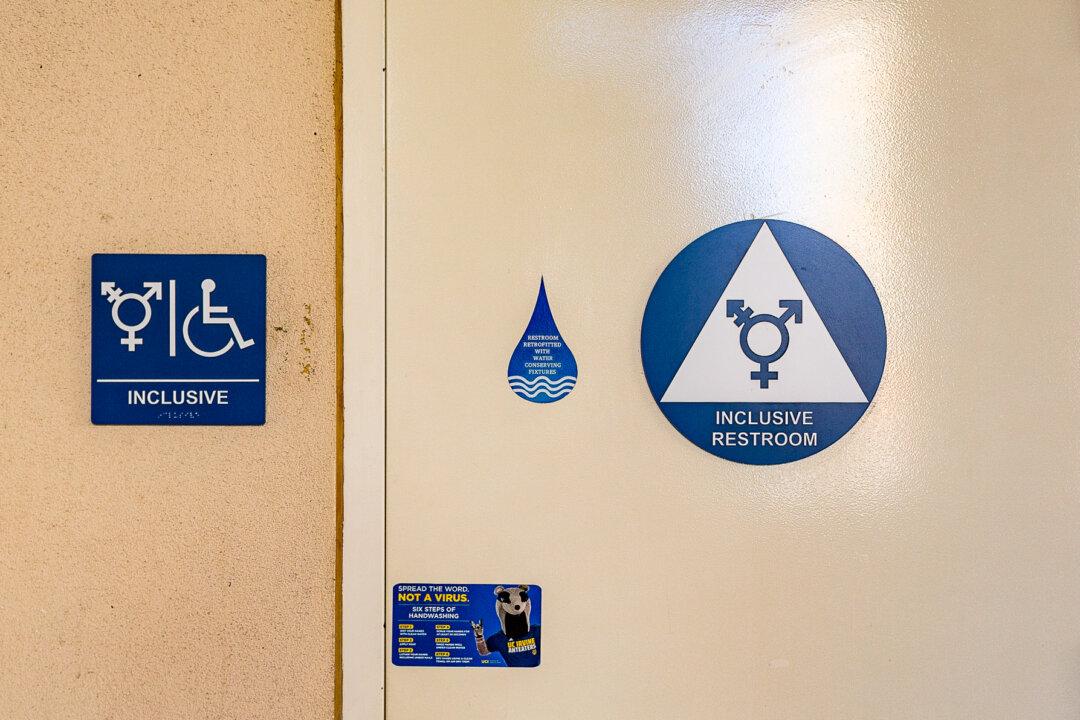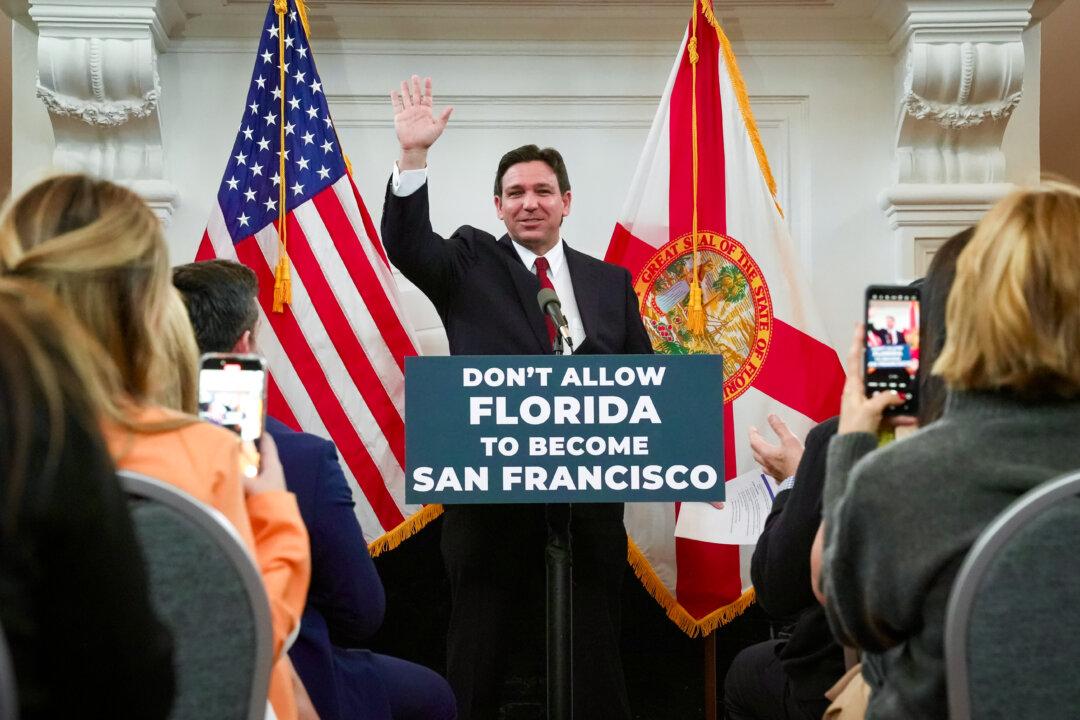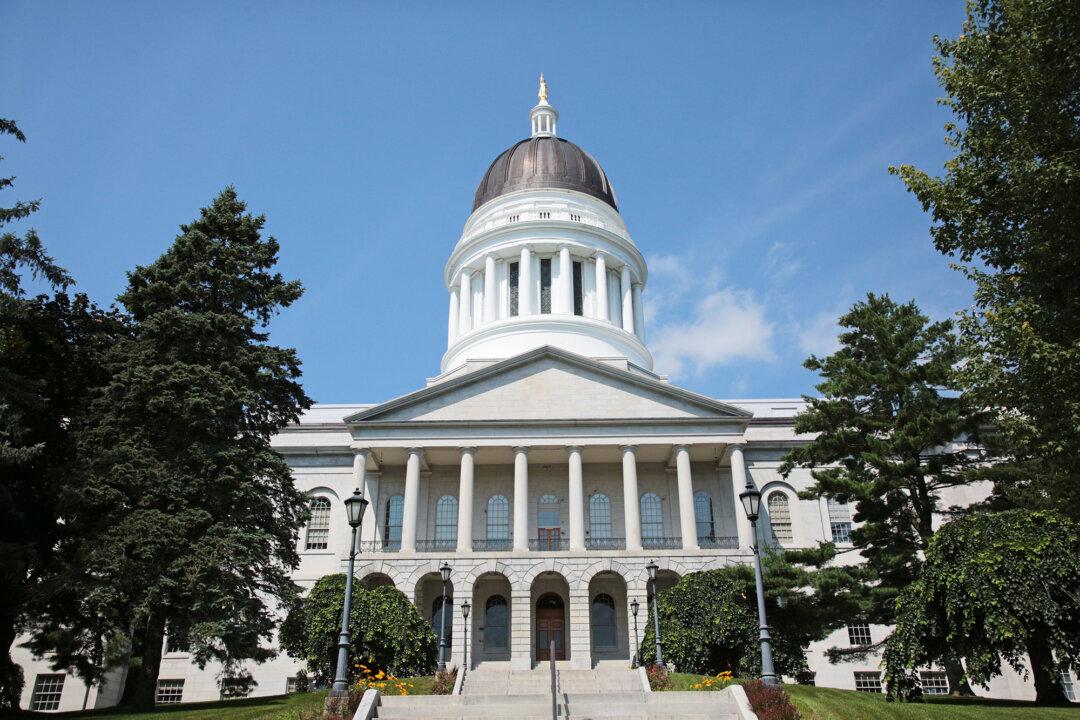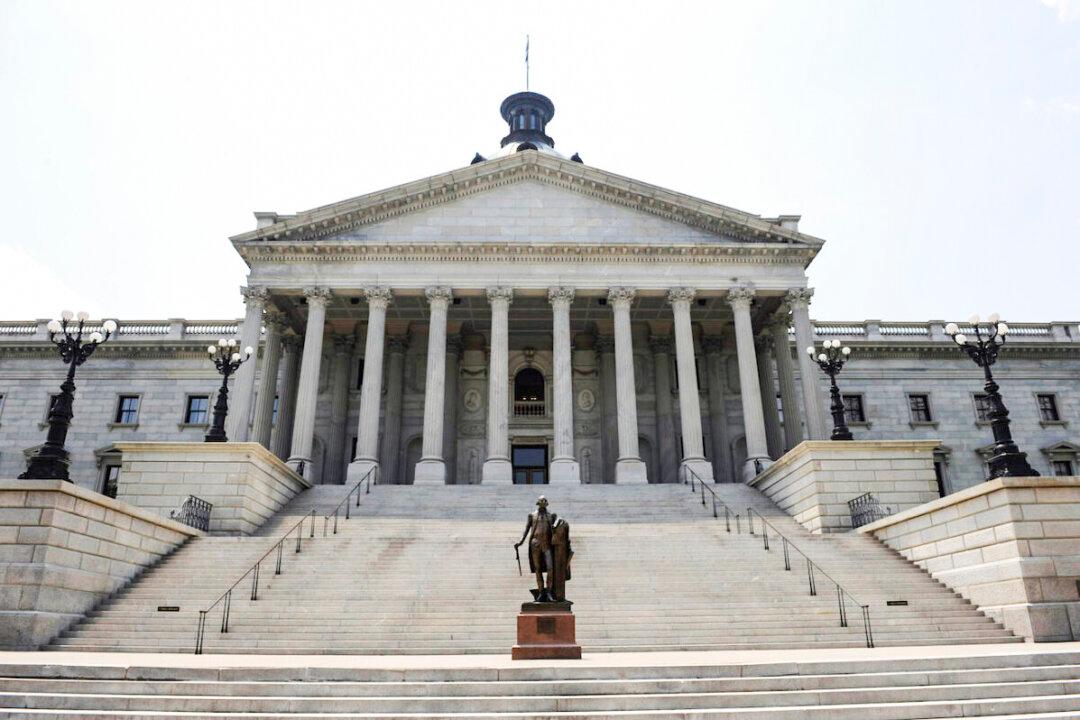A Missouri school board allegedly hid its deliberations on a new transgender bathroom policy unlawfully out of fear of parental anger, according to a lawsuit filed by the state attorney general’s office.
It was two whistleblowers on the school board who told local residents that the board was secretly planning to let students who identify as transgender use bathrooms that correspond to their declared gender rather than their biological sex, according to a written statement from Attorney General Andrew Bailey’s office.




